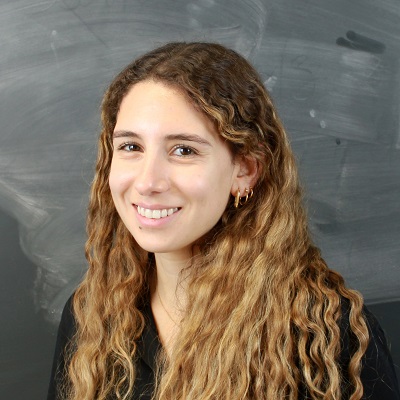- Personal website and CV:
https://sites.google.com/view/leabousleiman/home
- Email address:
lea.bou-sleiman@polytechnique.edu
lea.bousleiman@ensae.fr
- References:
Professor Gilles Duranton Wharton School – University of Pennsylvania
Professor Benoit Schmutz, CREST – Ecole polytechnique
Professor Pierre Boyer, CREST – Ecole polytechnique
Professor Geoffrey Barrows, CNRS – Ecole polytechnique
- Research fields:
Primary Field: Public Economics
Secondary Field: Urban and Environmental Economics
- JMP:
Title: Displacing Congestion: Evidence from Paris
Link: https://www.dropbox.com/s/nskvqggr7b5u958/JMP_LBS_2022.pdf?dl=0
- JMP Abstract:
This paper shows that road-closing policies may have adverse short-run effects on pollution by reallocating traffic toward more congested roads. I study the impact of the 2016 closure of the Voie Georges Pompidou, a one-way expressway crossing downtown Paris, on traffic and pollution displacement. To do so, I rely on a difference-in-difference strategy based on the direction and the timing of traffic, which I implement on detailed road-sensor data. I show that the closure lowered average speed by over 15% on two sets of substitute roads: central streets nearby and the already congested southern ring road. Using air quality data, I show that NO2 emissions increased by 6% near the ring road and by 1.5% near local roads. The reduced-form results on traffic are quantitatively consistent with a calibrated model of shortest route choice, which allows me to recover the underlying rerouting patterns. Even though few displaced commuters diverted to the ring road, they triggered a massive pollution increase because of the U-shaped relationship between emissions and traffic speed. Overall, I estimate that up to 90% of the pollution cost was borne by lower-income residents around the ring road, who lived far away from the new amenity created by the closure and mostly outside the jurisdiction responsible for the closure decision. Finally, I study counterfactual closure scenarios to assess under which conditions those adverse effects could have been mitigated.

